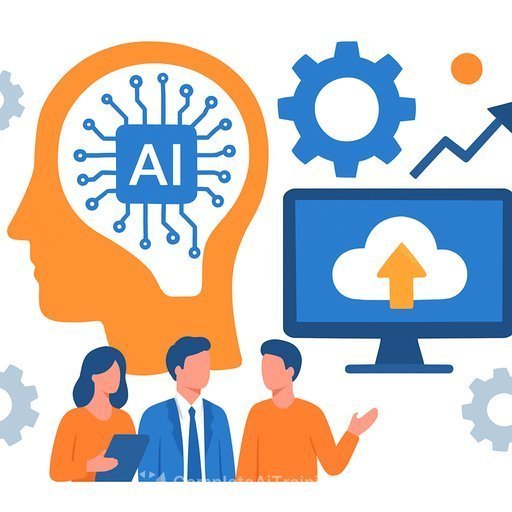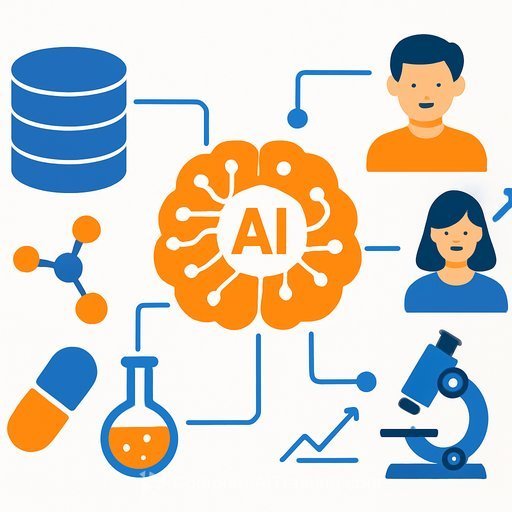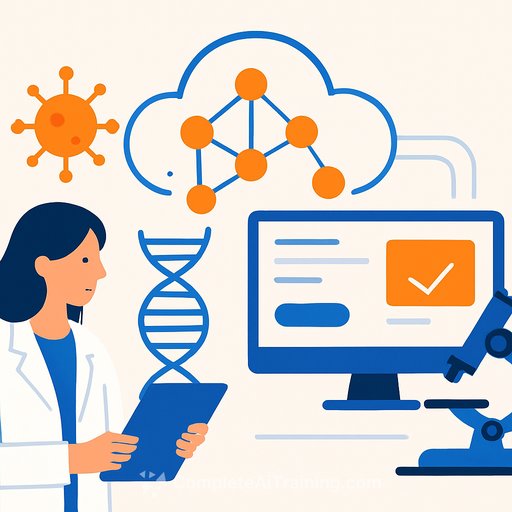IAEA and Ontario Tech Expand Collaboration to Advance Nuclear and AI Security
The International Atomic Energy Agency (IAEA) and Ontario Tech University have renewed Ontario Tech's status as an IAEA Collaborating Centre for 2025-2029. The agreement, signed in Vienna on 23 October 2025, deepens joint work on advanced nuclear energy, artificial intelligence (AI), and information and computer security for nuclear applications.
This next phase builds on prior results and adds new focus areas that matter to labs and agencies: AI-enabled analysis, cyber threat mitigation, and training to close skills gaps across Member States.
What the renewed collaboration covers
- Development support for small modular reactors (SMRs), hybrid energy systems, and nuclear cogeneration for industry, desalination, and district heating.
- Applied R&D and guidance on information and computer security in nuclear settings, including AI-enabled data analysis and anomaly detection.
- Capacity building: curricula, hands-on training, and technical publications for IAEA Member States.
Why this matters for researchers
SMRs, hybrid systems, and cogeneration are expected to be central to net-zero targets and energy resilience. The collaboration pairs those priorities with concrete cyber safeguards as digital systems become more integrated in facility operations.
Ontario Tech will support IAEA initiatives on information protection and cyber threat mitigation and will co-develop training so teams can apply practices in real environments.
Ontario Tech's role and infrastructure
Ontario Tech's Brilliant Energy Institute and Energy Research Centre host research on reactor systems, renewables integration, and grid solutions. The university is preparing to deploy a subcritical assembly for training and applied studies-set to be the only such facility in Canada-giving students and practitioners practical exposure to operations and safety protocols.
As Canada's first IAEA Collaborating Centre, Ontario Tech also connects the Agency with key Canadian partners, including Ontario Power Generation, Bruce Nuclear, Canadian Nuclear Laboratories, and the Government of Canada.
What to watch next
- Guidance and training modules on AI use in nuclear security, with clear guardrails for data integrity and model validation.
- Cybersecurity exercises, case studies, and reference implementations suitable for diverse facility profiles and Member State needs.
- Knowledge transfer: targeted workshops, educator resources, and publications to scale expertise where talent is scarce.
Global context
The IAEA's network of Collaborating Centres translates research into practice through technology development, technical cooperation, and specialist training. There are now 86 centres worldwide supporting peaceful uses of nuclear energy.
For background on the programme and thematic areas, see the IAEA's overview of Collaborating Centres and its guidance on Computer Security in Nuclear Security.
Practical takeaways for labs and agencies
- Plan joint R&D and pilot work that connects AI methods (e.g., anomaly detection, sensor fusion) to specific plant or safeguards use cases.
- Audit data governance now-provenance, labeling, access controls-so AI-enabled tools can be validated and traced.
- Build team capability: combine cybersecurity fundamentals with nuclear domain specifics; prioritize red-teaming and incident response drills.
- Engage early with IAEA training offers to align facility procedures with emerging guidance.
The partnership signals a clear direction: progress in advanced nuclear energy will move in step with credible AI practices and strong computer security. The goal is efficient, resilient, and trusted systems backed by repeatable training and evidence.
Additional upskilling resource: curated AI learning paths by role are available here (courses by job).
Your membership also unlocks:






